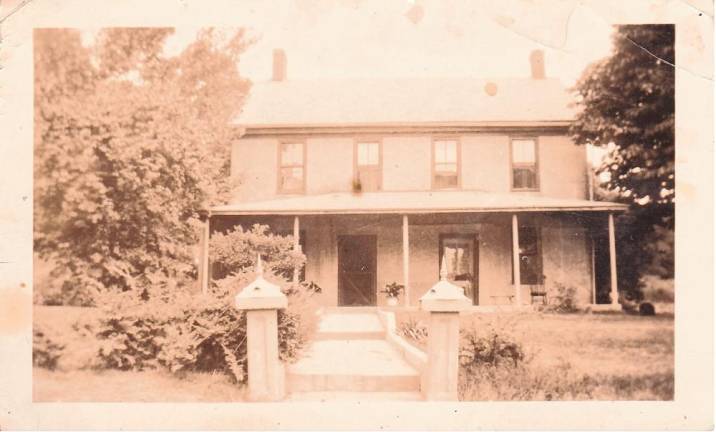
A decisive day occurred at Woolverton’s Tavern on Pequest Road in Huntsville about 1760.
For this column, I am dependent on my good friend county historian Rich Vohden and also a historical description by Harold Coriell in an article written in the 1950s.
Here’s my interpretation of the history, which I would describe here as “a story” related by Coriell.
Sussex County, including today’s Warren County, was “set aside” from Morris County by an act of the New Jersey Colony’s legislature in 1753.
Eight years later, the legislature authorized the formation of a county seat for Sussex County. So there was no county seat in Sussex County for almost a decade, and a choice for the location of the county seat would need to be made. The question was where the county seat would be?
Caspar Shaffer, a pioneer settler of the Stillwater area, was a member of the Provincial Legislature and was said to exert much influence there. So, perhaps Stillwater would be the county seat.
An influence on choosing a place included where courts had been held. There were courts, and they were at the home of Samuel Green of the Johnsonburg area. Perhaps this would be the county seat because of its historical value with the courts.
From 1756 through 1761, court was held at Thomas Woolverton’s Tavern in Huntsville.
Adding to this, with respect to reasons for being a county seat, was the fact that there also were an iron forge, grist mill and the tavern, which made for a conspicuous presence at the time.
Woolverton had come from Hunterdon County in 1750 and built the stone tavern. It has a wide covered front porch with a view of the King’s Highway from Morristown to Easton.
The tavern also was close to the Pequest River. This was near the old Indian Trail that had been widened at this point, then went through the Pahoqualin Mountains, which today we call the Kittatinny.
It is said that Woolverton’s Tavern had large fireplaces, a bar room where one could obtain a drink and long horse sheds across the road from the wide front yard.
It is said that Tom Hunt was known to frequent there. Hunt was a frontiersman who was captured by the Indians in 1756 and taken to Canada, then released by the Treaty of Easton about 1761. He answered the many questions about his captivity.
So the location of Woolverton’s Tavern offered many reasons for Huntsville being the location of the county seat.
But, as the story goes, Jonathan Hampton possessed great influence on the decision and today there is Hampton Township and Newton is the county seat of Sussex County.
Bill Truran, Sussex County’s historian, may be contacted at billt1425@gmail.com